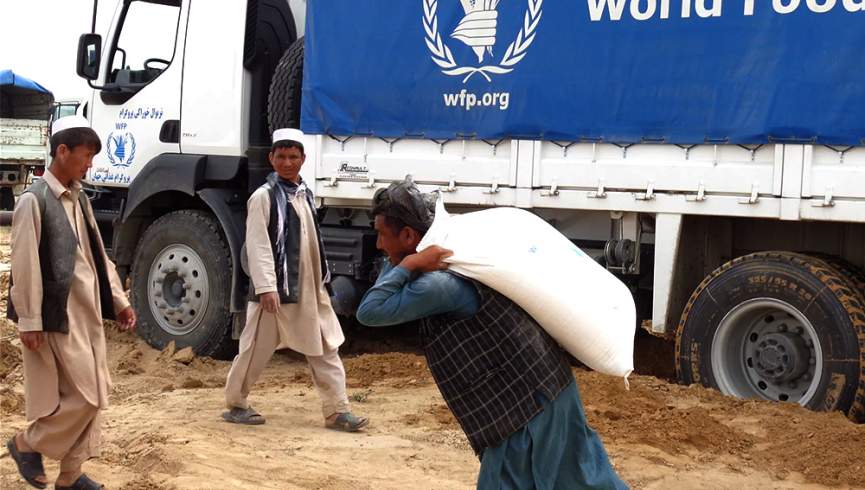The spokesman for the World Food Program (WFP) in Afghanistan, Philip Kropf, said that they received contributions from more than 12 countries this year, but warned that the limited funding is threatening the “lifesaving” operation of the organization.
The donors include, Kropf said, “New Zealand as well from the European Union, Islamic Development Bank, the United Nations and private donors.”
“Two countries, India and the Republic of Korea, have supported our work with in kind donations of wheat and rice,” Kropf said.
He said that the WFP was forced to reduce rations and cut 8 million people from assistance across the country in recent weeks.
“Millions of families in Afghanistan are at risk of going hungry … This year and this winter is as important as it was last year and before,” Kropf said.
He also stressed that WFP in Afghanistan “urgently needs $1 billion” to continue emergency operations and help the families to survive the coming winter.
Meanwhile, the acting Minister of Economy, Din Mohammad Hanif, met with the two UN officials and they discussed the projects in education, food, livelihood and health sectors.
“All humanitarian assistance of the international community has been beneficial for countering the food insecurity and rotation of economic infrastructure. Support for development projects by the international community and focusing on sectors that create jobs causes a reduction in poverty, and economic enhancement,” said Abdul Rahman Habib, a spokesman for the MoE.
This comes as the residents of Kabul say that poverty and unemployment increases the number of people in need of humanitarian assistance.
“The poor people should be helped. The poor people should be reached in the villages, districts and cities,” said Talib, a resident of Kabul.
“90 percent of the people are living under the poverty line and a basic problem is the unfair distribution of assistance to the people, and secondly unemployment,” said Fakhruddin, a resident of Kabul.













